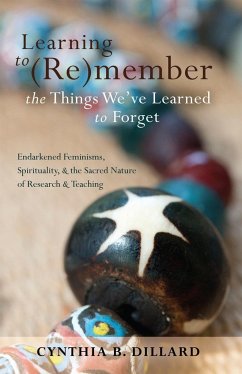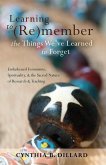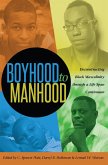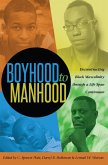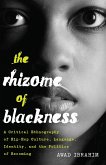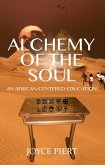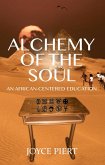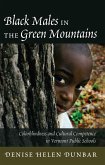Feminist research has both held and contested experience as a category of epistemological importance, often as a secular notion. However, spirituality and sacred knowing are also fundamental to a Black/endarkened feminist epistemology in teaching and research, given the historical and cultural experiences of African ascendant women worldwide. How can (re)membering bear witness to our individual and collective spiritual consciousness and generate new questions that inform feminist theory and practice? Learning to (Re)member the Things We've Learned to Forget explores that question. Theorizing through sites and journeys across the globe and particularly in Ghana, West Africa, this book explores how spirituality, location, experience, and cultural memory engage and create an endarkened feminist subjectivity that can (re)member, opening possibilities for research and teaching that honors the wisdom, history, and cultural productions of African diasporic women particularly and personsof African heritage generally.

